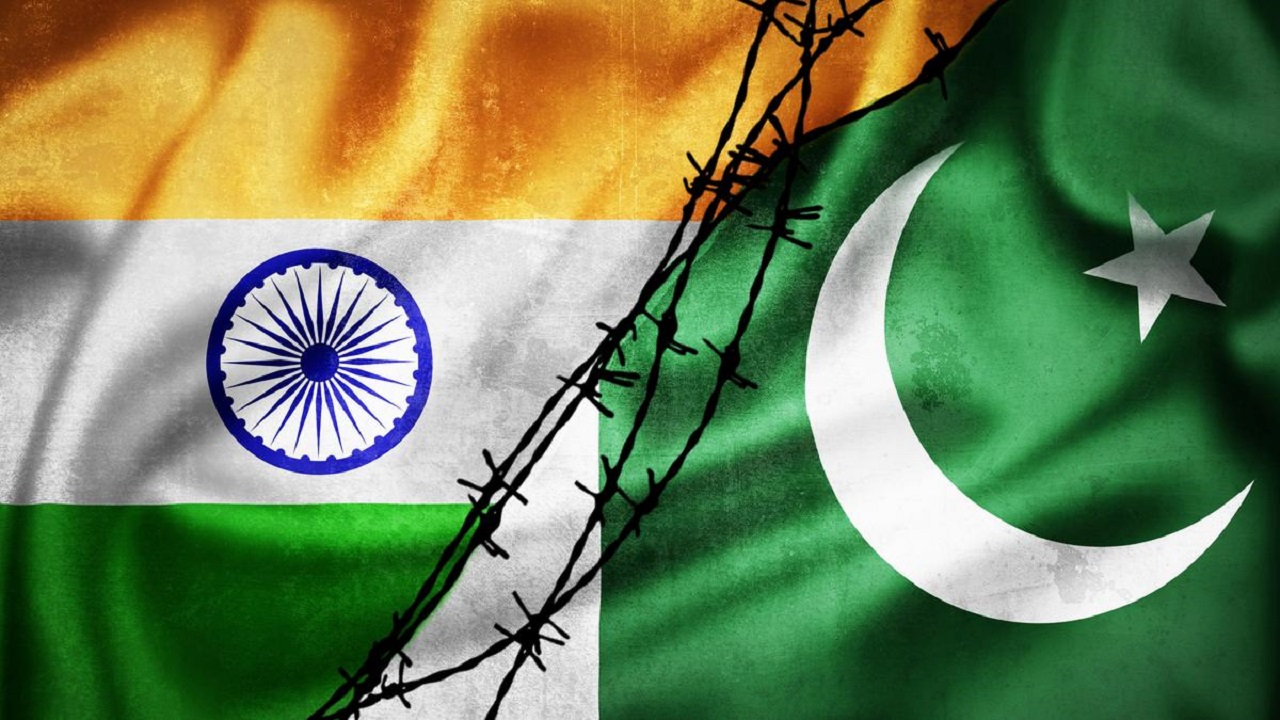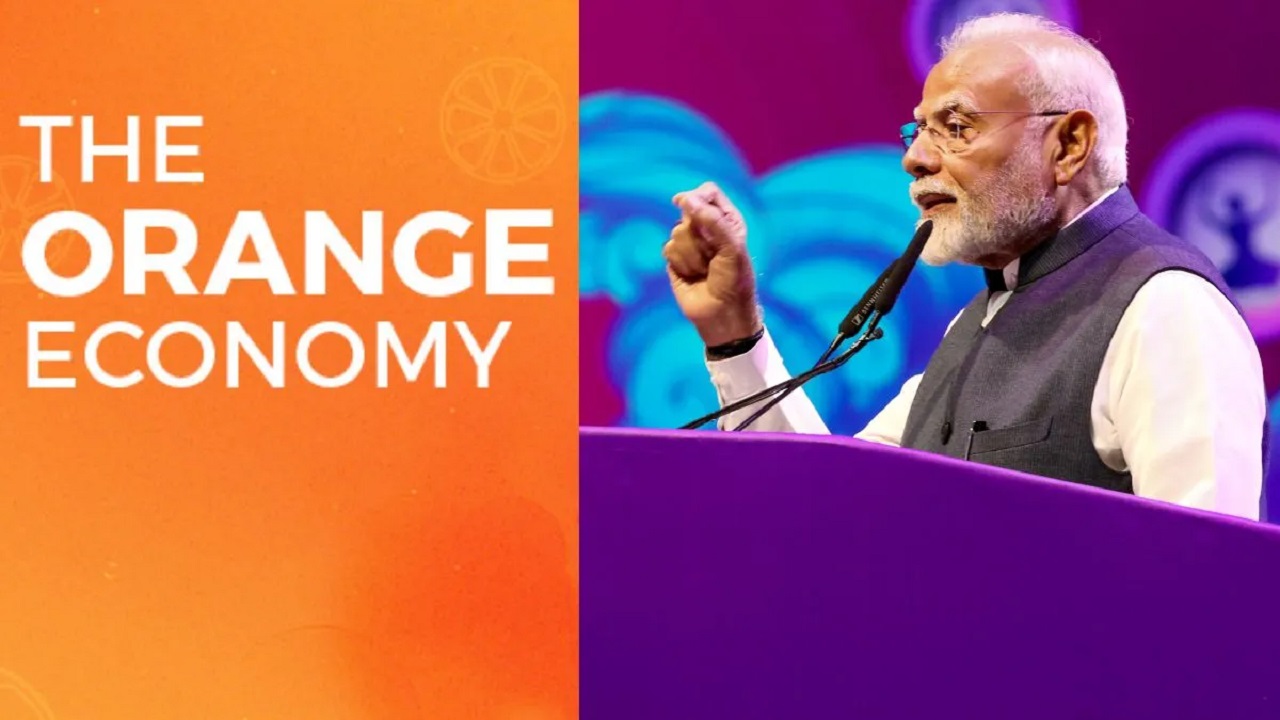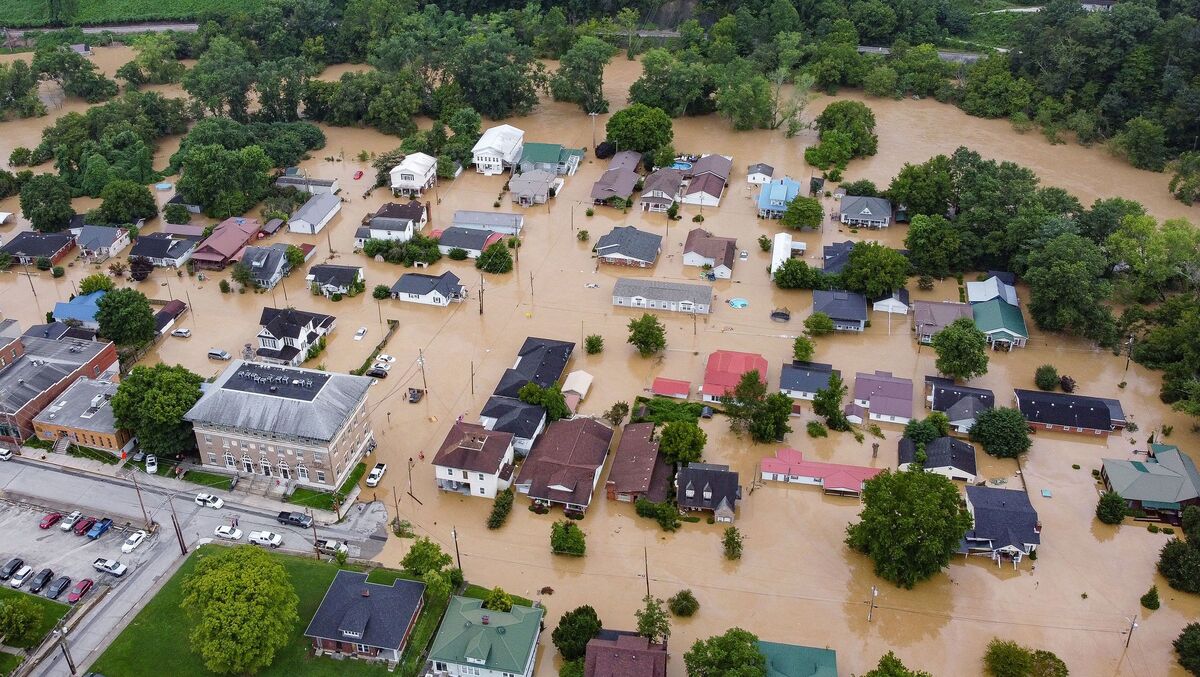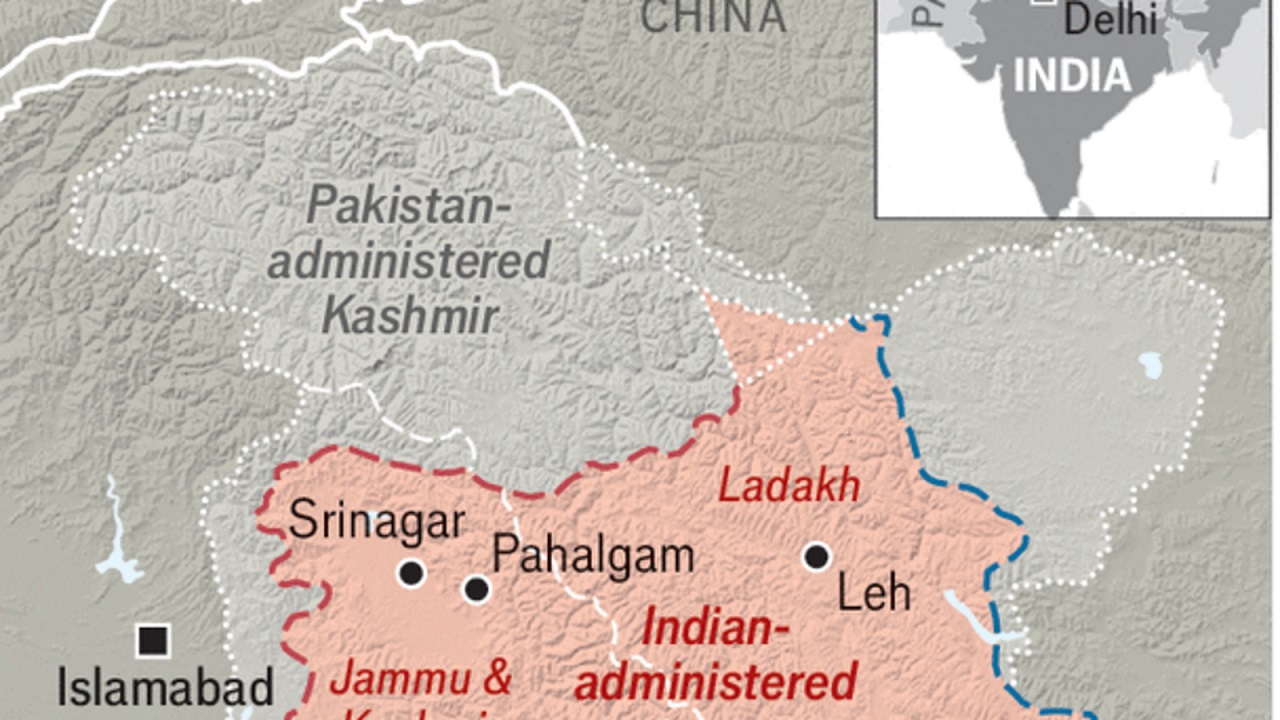India’s Diplomatic Dilemma: Multilateralism vs Strategic Autonomy
Background
The India–Pakistan conflict, especially over Jammu and Kashmir (J&K), has resurfaced in global discussions following Operation Sindoor. This underlines not only the persistent hostility between the two countries but also exposes the ineffectiveness of both bilateral and multilateral diplomacy in resolving the issue.
Historical and Diplomatic Challenges
-
Post-independence, the Kashmir issue was internationalised due to India’s appeal to the UN under Article VI, rather than as an act of aggression under Article VII.
-
This allowed the introduction of self-determination into the discourse, complicating India's territorial claims.
-
UN representations still describe the Line of Control with disclaimers, affecting India’s diplomatic assertions.
-
The Simla Agreement aimed for bilateral resolution, but Pakistan’s push for internationalisation has stalled progress.
Terrorism and the Global Response
-
India’s push to prioritise terrorism in global forums has faced resistance.
-
The Comprehensive Convention on International Terrorism (CCIT) proposed by India has not progressed, partly due to disagreements over the definition of terrorism.
-
Despite global concern post-9/11, legal consensus remains elusive. India’s earlier support for liberation movements is often used against it.
-
Even large military operations, like those in Afghanistan, haven’t led to long-term counter-terror success.
UN and Strategic Limitations
-
The UN Security Council has passed many anti-terror resolutions, but enforcement and clarity remain weak.
-
India’s surgical strikes and military restraint complicate its legal justification under international law.
-
The UN Counter-Terrorism Committee avoids taking clear stances on sensitive issues, undermining India’s case.
Hyphenation and Nuclear Instability
-
International discourse still views India and Pakistan as a “hyphenated pair”, especially in nuclear matters.
-
While India maintains a No First Use doctrine, Pakistan’s threats of escalation continue to destabilise the region.
The Way Ahead: Strategic Autonomy
-
India now focuses future talks with Pakistan only on terrorism and Pakistan-Occupied Kashmir (PoK).
-
Multilateral platforms like the UN have failed due to outdated frameworks and global power politics.
-
Operation Sindoor has reaffirmed India's need for strategic autonomy, emphasising national security over external validation.
Conclusion
The Kashmir issue reveals the inherent limitations of global diplomacy when confronted with deep-rooted historical and ideological disputes. With multilateral institutions failing to deliver meaningful outcomes, India's best path forward lies in pragmatic self-reliance, strong defence, and a firm stance against terrorism.




Comments (0)